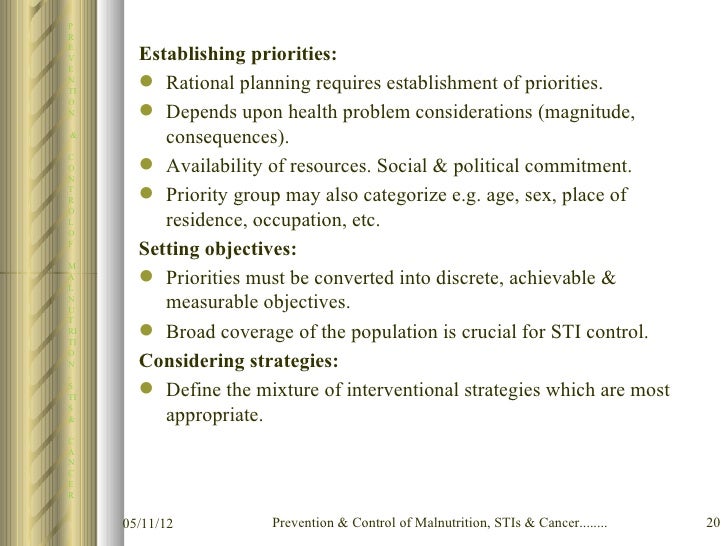Why does malnutrition affect GI cancer patients more than others?
malnutrition in cancer effects Why does malnutrition affect GI cancer patients more than others? Malnutrition in Cancer Patients
Cancer is definitely a powerful disease, and it takes a potent treatment regimen to manage and hopefully eradicate the malignant cells. However, cancer treatment itself is incredibly damaging on the body, also it can make someone very weak. Thus, it is important for cancer patients to fight the malnutrition that usually has come about as a direct result treatment as a way to stay strong.


When you consume, you take in the vitamins, minerals, proteins, carbohydrates, and also other products which the body needs for fuel. This supports your body's defence mechanism along with general health, which enables you to battle the cancer. Frustratingly, though, in the same way someone needs this strength probably the most, the cancer and subsequent treatment might cause that you develop anorexia or cachexia.


One of one of the most frequent signs and symptoms of cancer is anorexia, or even the complete loss of appetite. This can occur since the body loses its ability smell or taste due to cancer treatment, or it might happen as tumors grow make pressure on digestive organs. Cachexia, conversely, is really a wasting disease seen as loss of body mass. Normally, your body can adjust to starvation or anorexia by slowing its metabolism. However, with cachexia, the metabolism is unable to adjust, which forces your body to eat its fat and muscle. Cachexia usually occurs with lung and digestive cancers.

Frustratingly, both anorexia and cachexia can cause malnutrition as the body don't contains the nutrients it has to withstand cancer and cancer treatment. Malnutrition can make you more susceptible to infections, along with the treatment itself may become too risky for your body. You may also feel fatigued and weak, which decreases you skill to fight your cancer.
To assist in preventing malnutrition, many cancer doctors include nutritional counseling and therapy. This can educate you on the way to get probably the most nutrients out of the food that you are able to consume.
If you're identified as having mesothelioma, you might need additional support in managing and recovering from along side it results of devastating disease, including cachexia and anorexia. To learn more about mesothelioma, go to the Mesothelioma Resource Center today.



One of one of the most frequent signs and symptoms of cancer is anorexia, or even the complete loss of appetite. This can occur since the body loses its ability smell or taste due to cancer treatment, or it might happen as tumors grow make pressure on digestive organs. Cachexia, conversely, is really a wasting disease seen as loss of body mass. Normally, your body can adjust to starvation or anorexia by slowing its metabolism. However, with cachexia, the metabolism is unable to adjust, which forces your body to eat its fat and muscle. Cachexia usually occurs with lung and digestive cancers.

Frustratingly, both anorexia and cachexia can cause malnutrition as the body don't contains the nutrients it has to withstand cancer and cancer treatment. Malnutrition can make you more susceptible to infections, along with the treatment itself may become too risky for your body. You may also feel fatigued and weak, which decreases you skill to fight your cancer.
To assist in preventing malnutrition, many cancer doctors include nutritional counseling and therapy. This can educate you on the way to get probably the most nutrients out of the food that you are able to consume.
If you're identified as having mesothelioma, you might need additional support in managing and recovering from along side it results of devastating disease, including cachexia and anorexia. To learn more about mesothelioma, go to the Mesothelioma Resource Center today.
0 Response to "Why does malnutrition affect GI cancer patients more than others?"
Post a Comment